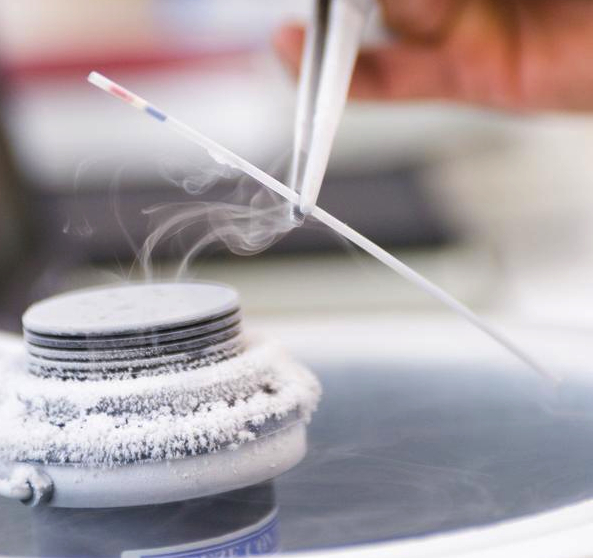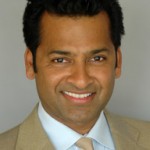Endometriosis was very much in focus at the 71st Annual Meeting of the ASRM with interactive keynote lectures, oral abstract presentations, posters, and round table discussions.
Tag: ASRM
ASRM2015: Endometriosis May Infiltrate the Entire Body
Researchers at Yale University presents data at the 71st Annual Meeting of the ASRM that it is possible for endometrial cells to migrate to the brain – and possibly the entire body – suggesting that stem cells play a role.
Improving IVF Is Focus at ASRM, IFFS Meeting
When it comes to oocyte retrieval for in vitro fertilization (IVF), 15 may be the sweet spot, and mitochondrial DNA may help predict which embryos will take hold and lead to pregnancies, researchers reported in Boston at the joint meeting of the American Society for Reproductive Medicine and the International Federation of Fertility Societies.
ASRM: Male Phthalate Levels Linked to Lower Fecundability
Male concentrations of phthalates correlate with diminished couple fecundability, while increased maternal conjugated bisphenol A (BPA) levels correlate with miscarriage, according to two studies presented at the annual meeting of the American Society for Reproductive Medicine, held from Oct. 12 to 17 in Boston.
ASRM: Vasectomy Timing Associated With Financial Crisis
Men considering a vasectomy after the financial crisis in 2008 had significantly fewer children compared with men considering the procedure before the crisis, according to a study presented at the annual meeting of the American Society for Reproductive Medicine, held from Oct. 12 to 17 in Boston.
ASRM: Vasectomy Timing Associated With Financial Crisis
Men considering a vasectomy after the financial crisis in 2008 had significantly fewer children compared with men considering the procedure before the crisis, according to a study presented at the annual meeting of the American Society for Reproductive Medicine, held from Oct. 12 to 17 in Boston.
Egg Freezing No Longer Experimental
Egg freezing is no longer considered “experimental” by the American Society for Reproductive Medicine (ASRM).
Last week the ASRM lifted the “experimental” designation on egg freezing. This decision was based on published studies indicating that frozen eggs worked as well as fresh eggs in young women. Safety data was also reassuring.
While it is promising to see the “experimental” designation lifted, the ASRM still maintains that egg freezing should not be used to counteract reproductive aging – in other words, those women over the age of 35 seeking fertility preservation. The reason for this stance continues to be a lack of published data on birth rates and safety in this group of women.
In 2009 I was invited by the ASRM to participate in a national debate on the “experimental” designation of egg freezing. My conclusions at that time still hold true: women who wish to counteract reproductive aging should be given the opportunity to make an informed decision on egg freezing after being counseled on the appropriate risks and alternatives and should seek advice and treatment from an experienced physician who has demonstrated births from eggs of women frozen while in their 30’s.
You can read the in-depth report released by the the ASRM about oocyte cryopreservation here.
ASRM Partners with WebMD on New Site
ASRM is pleased to be among the nation’s leading health organizations which have partnered with WebMD to provide expert answers to health and wellness questions through a new site, WebMD Answers.
NIH to Host PCOS Workshop
The Office of Disease Prevention and the Eunice Kennedy Shriver National Institute of Child Health and Human Development at NIH will co-sponsor an Evidence-based Methodology Workshop on Polycystic Ovary Syndrome (PCOS) on December 3-5, 2012. ASRM is pleased to join as a Supporter of this workshop.
ASRM Exhibits Scientific Research at Capitol Hill Event Celebrating the NICHD
At a Capitol Hill event last night celebrating the 50th Anniversary of the National Institute of Child Health and Human Development, ASRM joined with a group of organizations to showcase cutting-edge biomedical, behavioral, and social science research made possible by NICHD funding. A special thanks to ASRM member Dr. Richard Legro for exhibiting and sharing with congressional staff and others in attendance his latest clinical trials in reproductive medicine aimed at improving outcomes for infertile couples.

